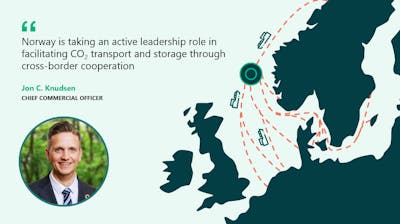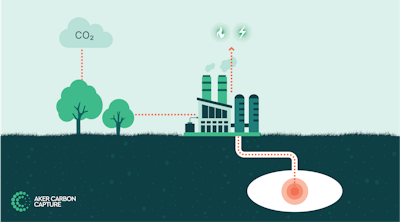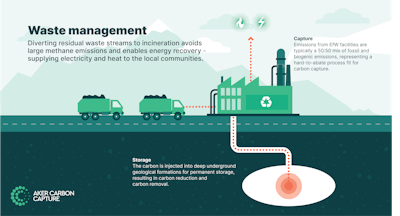On Monday, August 15th, Arendalsuka 2022 kicked off in the sunny town of Arendal located in the southeastern part of Norway. Arendalsuka is a week-long celebration of democracy, featuring NGO’s, businesses, political parties, the media, and other actors from all aspects of civil society. It is largely a result of the co-creation between national and local political parties, research institutions, universities, private companies, and the Municipality of Arendal. It was my first time attending Arendalsuka, and as soon as I entered the city centre I was met with crowds of people rushing to various locations in the city to attend a wide variety of events.
Arendaluka’s “open door policy” creates a unique atmosphere where anyone can attend events on a wide variety of topics and themes. Events feature anything from political debates on important climate issues to presentations on new innovative projects within tech and academics – with plenty of festivities to follow after. To give you an idea, in 2021, 954 organizers produced 1165 events and there were 134 exhibition stands all in the centre of Arendal.
This year I had the pleasure of attending multiple events, and it was as if I had gone back a year in time when I was still working on my master’s thesis and could engage in academic seminars and gatherings – although this time it was not through a screen and empty lecture halls! Thankfully the pandemic is a thing of the past here in Norway.
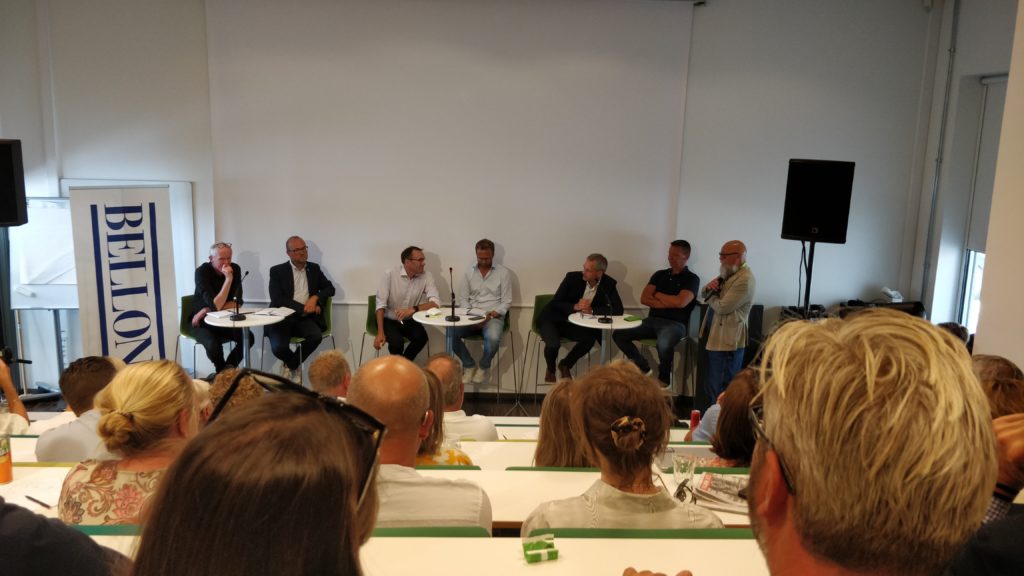
CCUS High on the Agenda
One of my first observations was that climate, the energy transition, and sustainability were seemingly dominating topics in this year’s iteration of Arendalsuka. Notably, Carbon Capture Utilization and Storage (CCUS) is featured in several events this year and continues to solidify its standing as one of the leading Norwegian climate crisis solutions. Over time, I have also found the term being more widely used in political debates and roadmaps mapping future action on climate. Having an educational background in comparative politics and international relations, I have witnessed the increased focus on the climate crisis, energy transition, and environmentalism over the years. These topics are now at the forefront of election campaigns and rank amongst the highest on voter agendas, which is a great source of optimism.
Among the many events I got to attend, Bellona, in their “What does the industry need to cut emissions by 2030?” event on Monday stands out – stating the massive potential CCS has for cutting emissions towards 2030, but also highlighting the significant upscaling needed. Additionally, it was also illustrated that incentives such as the European Union Emissions Trading System (ETS) is currently not enough, and political initiatives such as Klimautvalget 2050, should create more incentives to reduce emissions. There is an estimated 8bn NOK from the Norwegian carbon tax per year, which could be directed towards a national CCS fund – a much needed boost for the industry.
Espen Barth Eide, the Norwegian Minister of Climate and the Environment, underlined the Norwegian state’s desire to promote Norway as an adapting country as opposed to a compensating country in the energy transition, which boils down to producing more diversified energy solutions, but also increasing awareness of how energy is utilized.
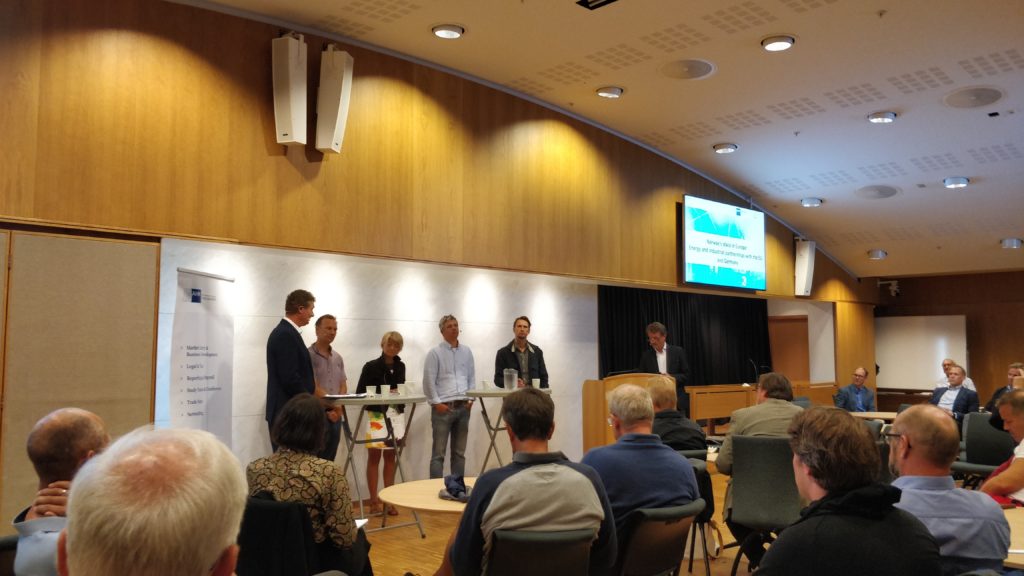
Norway’s place in Europe – Energy and industrial partnerships
Although Arendalsuka and its events has a national focus – international aspects are also important parts of the agenda and become especially relevant due to Norway’s role as an energy exporter with very close ties to the EU. I have had a largely international upbringing, and with great academic interest in foreign affairs, bilateral frameworks, policy and relations – I find it essential to ensure close cooperation across borders to facilitate solving the climate crisis.
Current global energy disruptions places an accelerated focus on Norway’s energy partnerships and present the challenge of ensuring energy security while working to meet fundamental climate goals. In the German-Norwegian Chamber of Commerce’s event “Norway’s place in Europe – energy and industrial partnerships”, Nicolas de La Grandville, EU’s ambassador to Norway, highlighted Norway’s relationship to the EU as the closest non-EU member and one of the most reliable partners in a wide aspect of cooperation, where CCS is amongst them. A large source of anticipation moving forward, is the European Commission’s decision to double down on the green transition in response to the energy crisis, as opposed to slowing down. I believe this is exactly what the industry needs. Collective action is needed and should be facilitated through enabling frameworks.
There are several CCS projects throughout Europe, but these vary largely based on national governments’ incentives and commitments. Whilst learning about the industry, I also see several projects in the planning phase, with technology which has been rigorously developed over time, and that can include much needed infrastructure for the full value chain through initiatives such as Longship and Northern Lights.
I firmly believe these projects demonstrate the industrial willingness to commit to climate goals set in the Paris Agreement and European Green Deal, but also illustrate the urgency the world is currently facing. They provide a clear stance to the frustration many of us share today, myself and my peers included, who call for less talk and more action. To pave the way for a rapid energy transition – regulatory frameworks, facilitating policies, and bilateral agreements need to ensure it keeps up with this sense of urgency, and encourage collective action, especially by key industrial emitters.
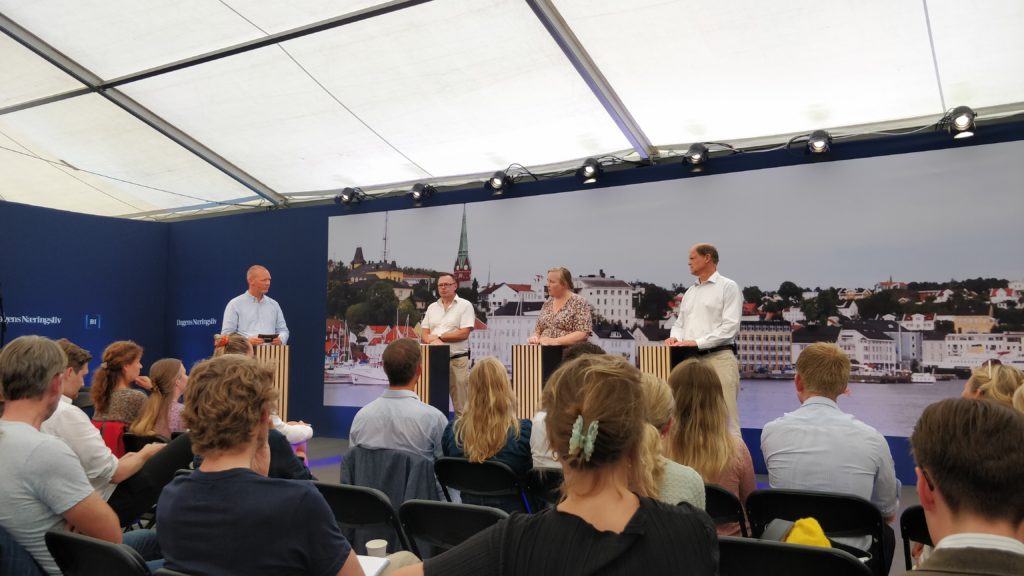
Concluding remarks
Perhaps the most important takeaway and symbolism presented at Arendalsuka 2022, is that it gathers all parts of civil society which is the very essence of what is needed to solve challenges presented by the climate crisis. To me, I was reminded of the importance of meeting your peers, discussing current challenges, and receiving new perspectives. Arendal city centre is small, no matter where you go you will meet scientists, activists, media, politicians, or anyone with a profound interest for any topic in civil society. This is truly what makes Arendalsuka so special and unique. Anyone can stroll into an event on a topic they care about, listen to key actors and high-level ministers in the industry, and ask questions and speak to them afterwards. If there is such a thing as a “festival of democracy” which also encapsulates Norwegian culture – this would be it.
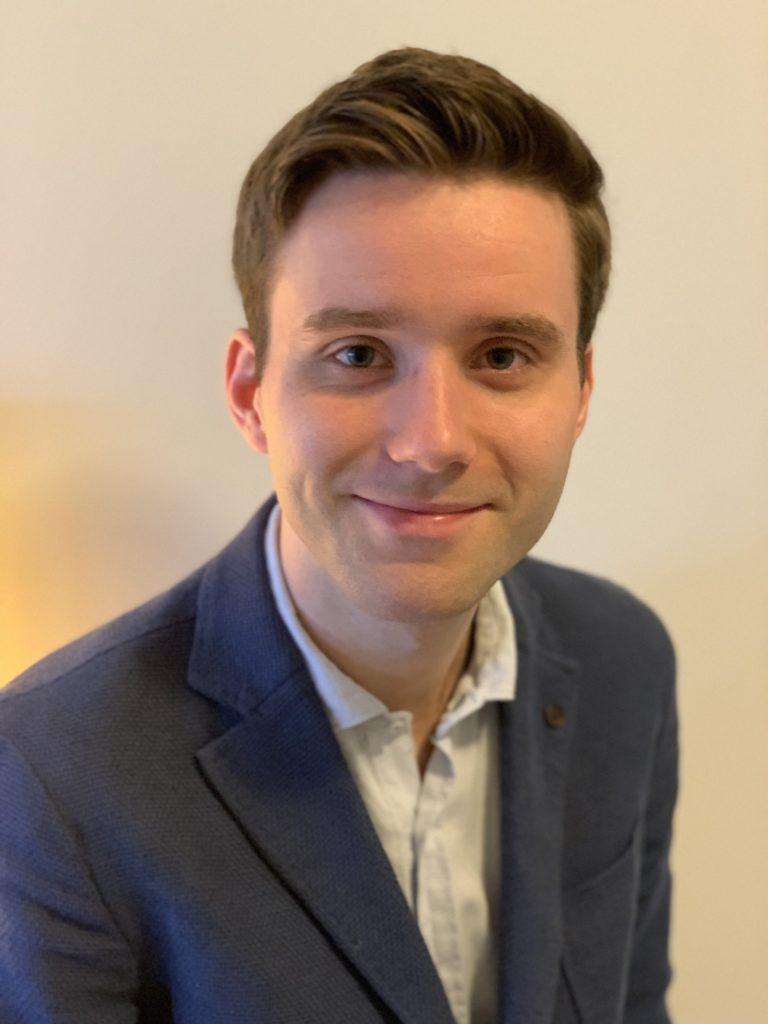
Nicolai Mykleby-Skaara
Market Insight and Commercialization Intern
Education:
– Comparative Politics, BA
– International Relations, MA
Academic interests:
– EU policy
– CCUS industry and frameworks
– Energy transition
– Diplomacy and bilateral relations
Personal interests:
– International politics and foreign affairs due to a global upbringing.
